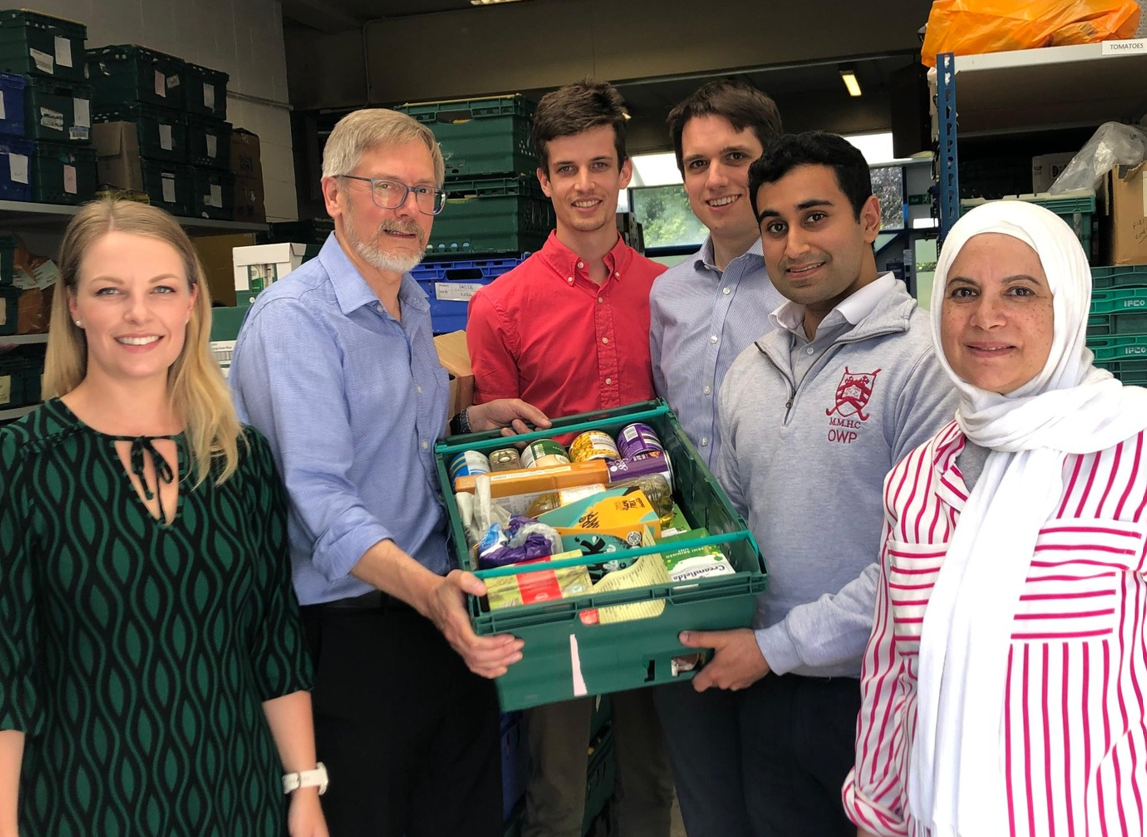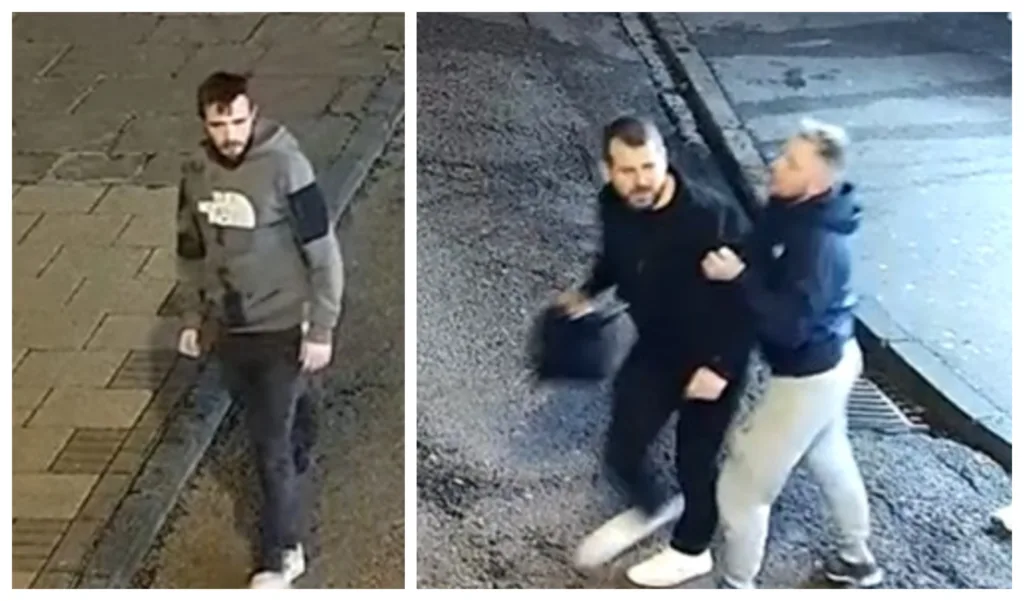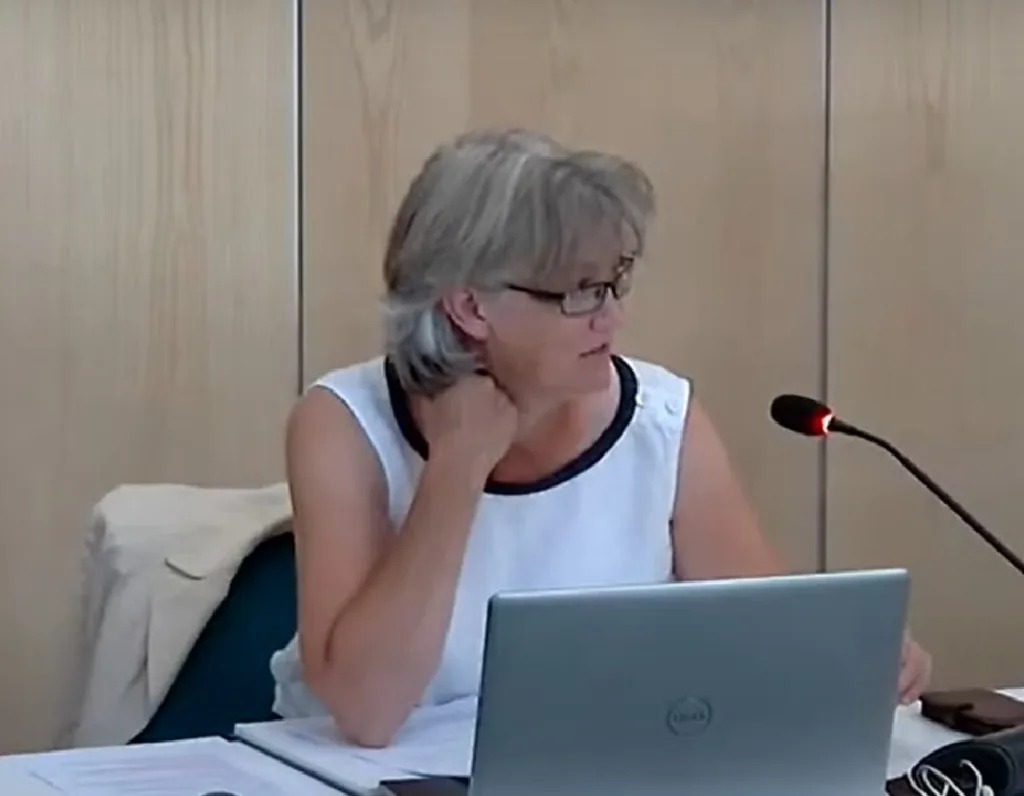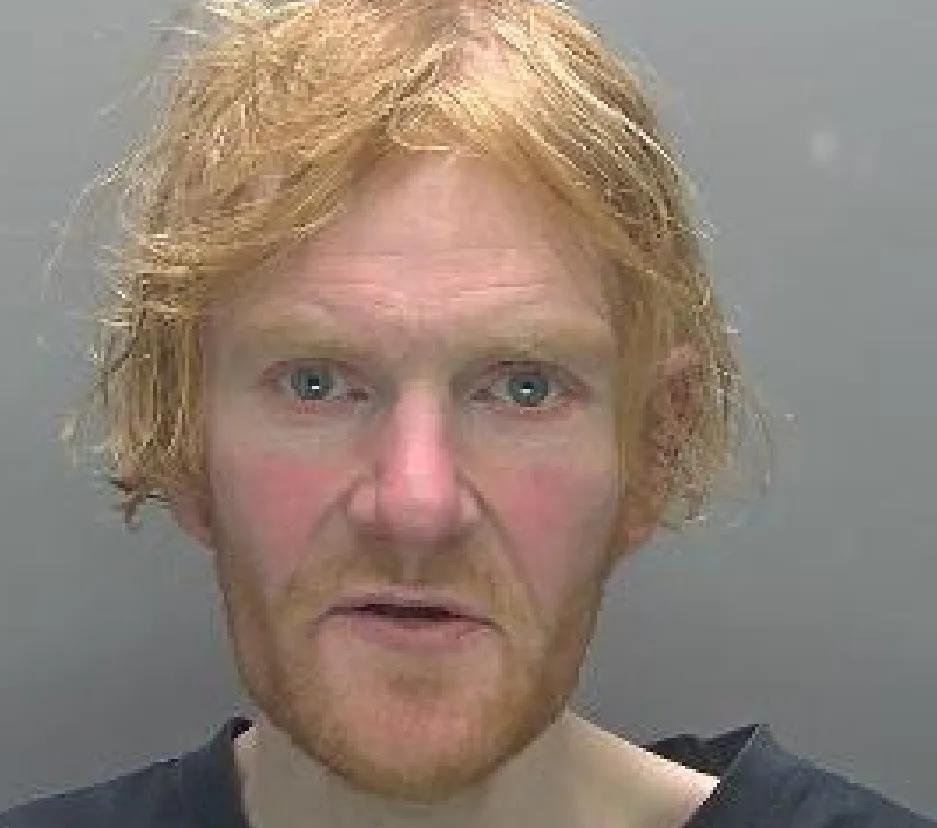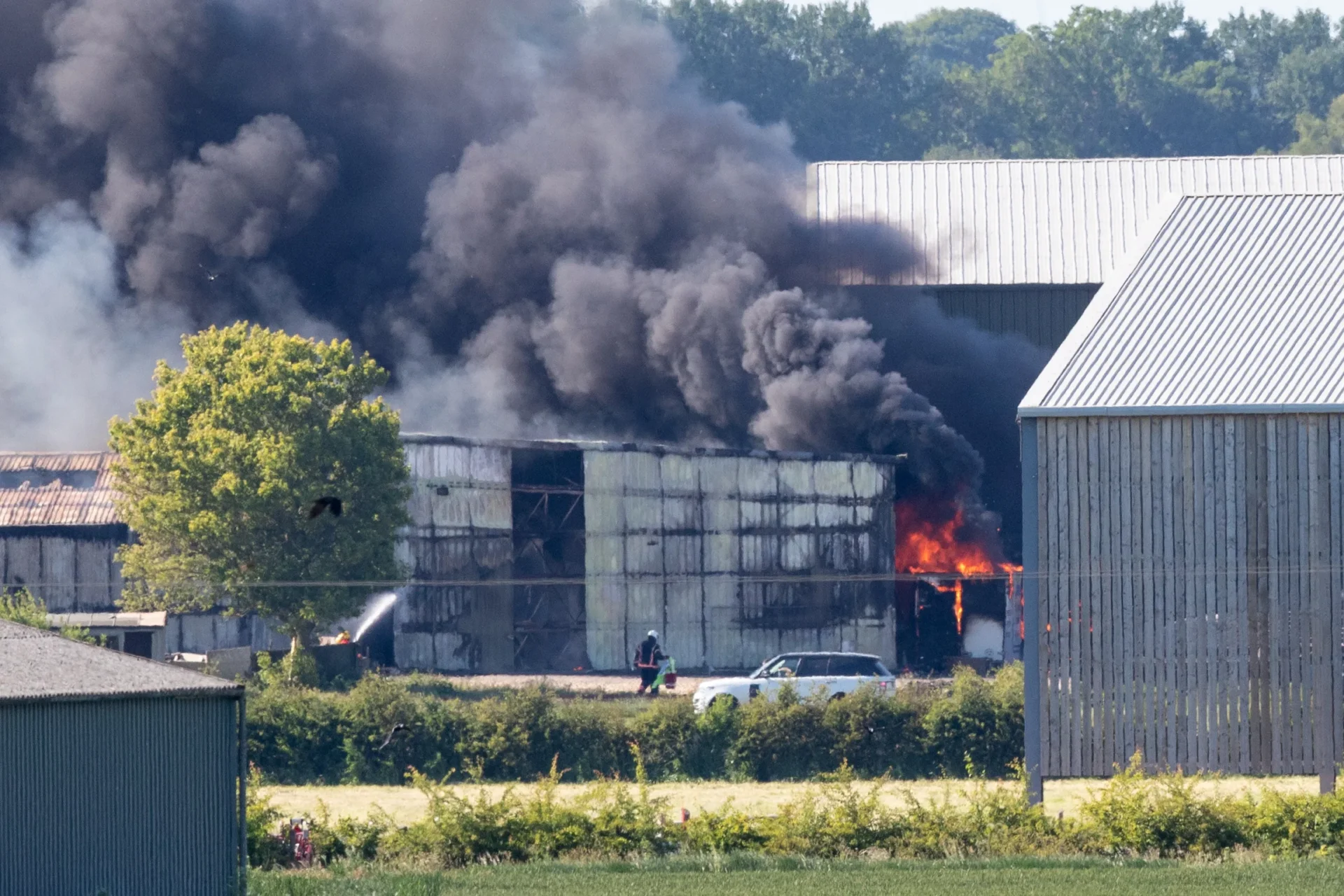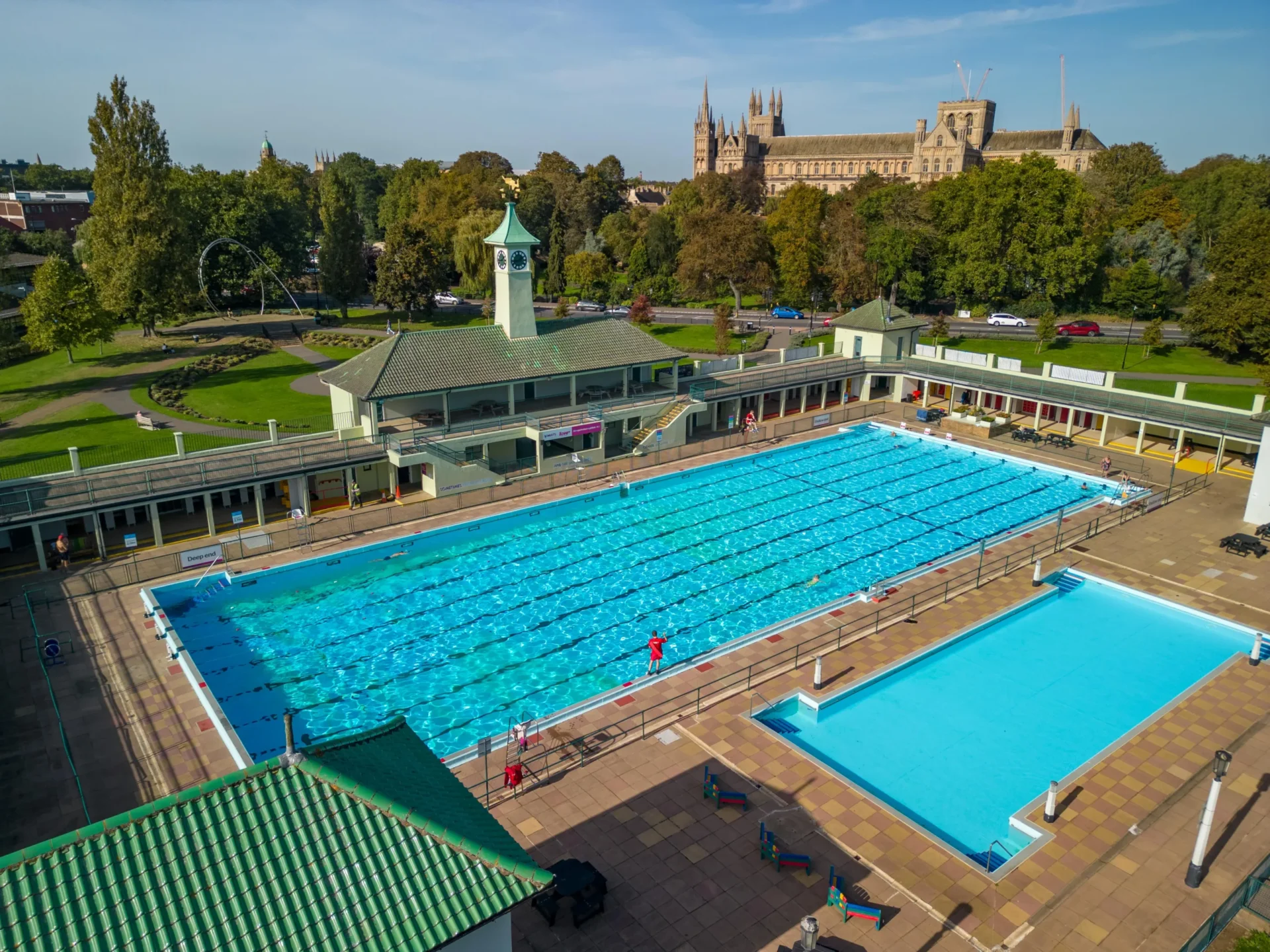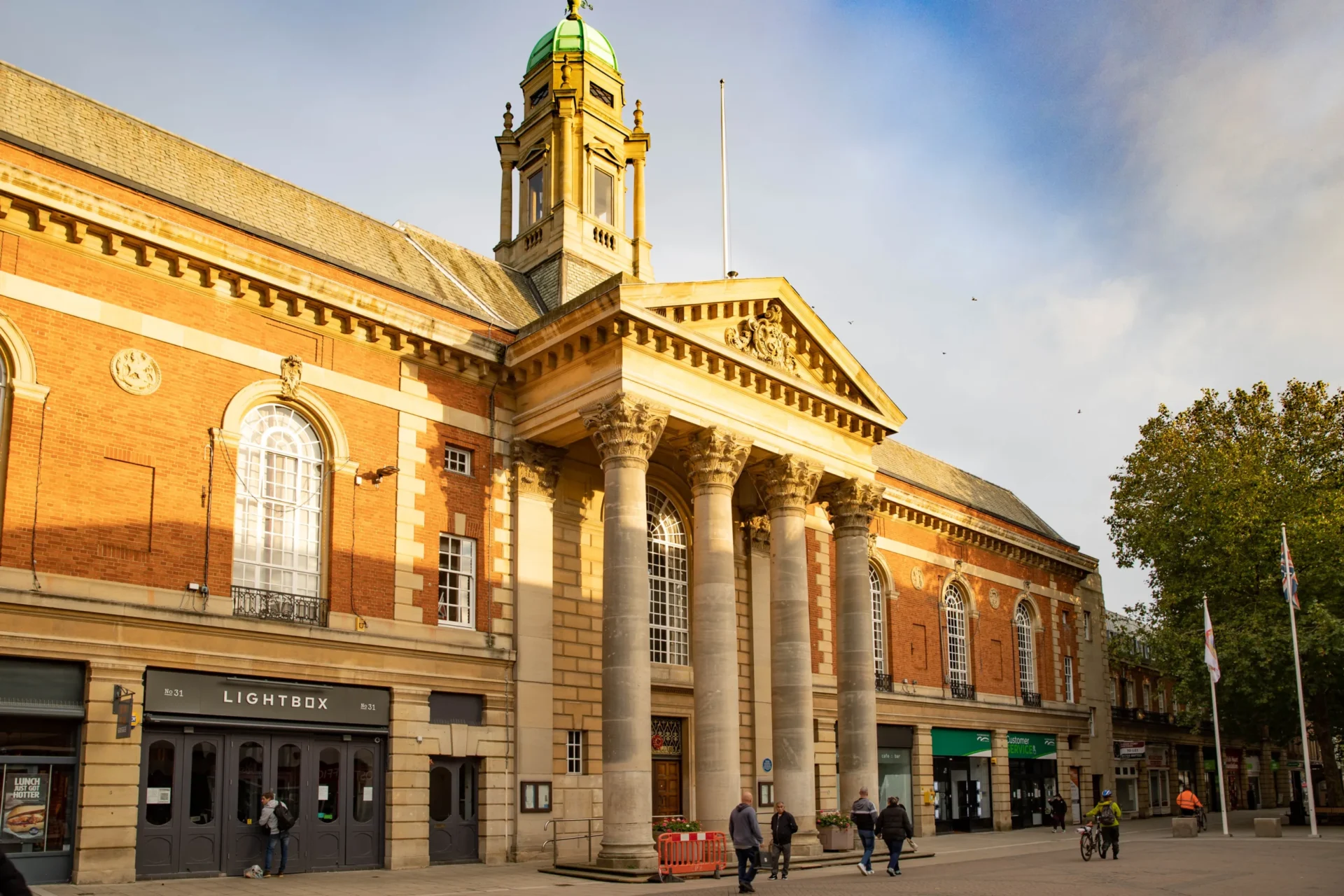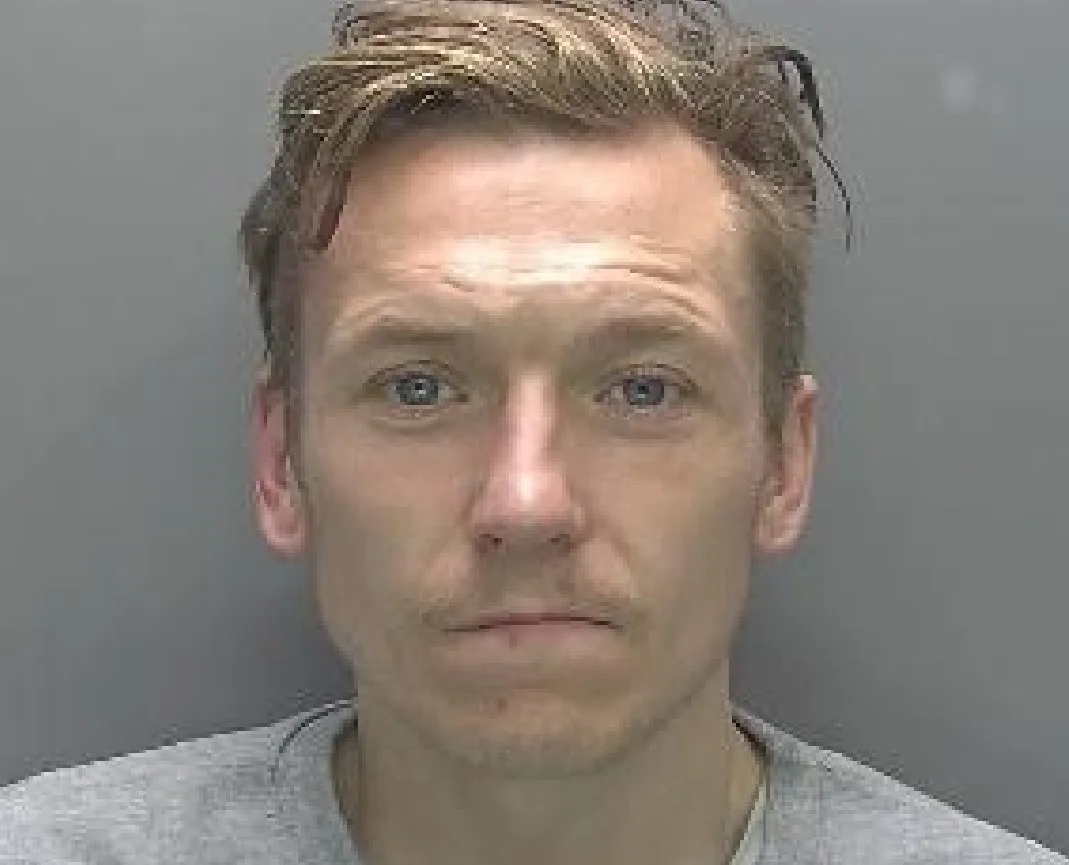Many of us will be personally familiar with the rising need for foodbanks. Perhaps you know a friend, neighbour or family member who has turned to a foodbank for support, or maybe you have needed emergency food yourself.
A new report by the Trussell Trust called Hunger in the UK confirms that foodbanks are feeding millions of people a year.
In the 12 months leading up to mid-2022, 14% of all UK adults or their households experienced food insecurity – this equates to around 11.3 million people. This means that they have run out of food and been unable to afford more, so they have eaten less, gone hungry or lost weight due to a lack of money.
Shockingly, in the same period, around 5.7 million households accessed some sort of food aid, so whilst this is a huge number of people, it represents only one third of all of those in the UK who couldn’t afford to eat. The growing need for foodbanks is just the tip of the iceberg, with millions more struggling with hunger but not seeking support.
At Cambridge City Foodbank’s network of welcome centres, delays in benefit payments and benefit deductions are some of the most common reasons we encounter for why people need the Foodbank’s support.
Nationally and locally, the design of the social security system, including the amount of money that people have access to, is the main driver that pushes people from living above the breadline to having to turn to a foodbank.
This is exacerbated by the high cost of living in Cambridge. Cambridge City Council recently published the State of the City report, which reveals that income inequality in Cambridge is the second highest amongst every city in England and Wales, behind only Oxford.
With median private rental costs 56% higher than the national average, and the average house costing £475,000, the city is now simply unaffordable for many; even those who receive the average income in the city have to pay out 42% of their income on rent. The high cost of housing means that many people across the city are unable to afford the essential items required to feed and clean themselves and their families.
Empowering those in need
Nationally, and in Cambridge, the majority of people who visit foodbanks are in receipt of some form of social security payment. Of all of the different reasons why someone might face food insecurity, regardless of the situation, the root cause is always that they don’t have enough money in their pocket to pay for the essentials.
When people on Universal Credit can’t afford food, that means that Universal credit is too low. The low social security level leads to a number of other issues, including poor access to education, employment opportunities and adequate healthcare, which ultimately creates a generational cycle of poverty that is hard to break.
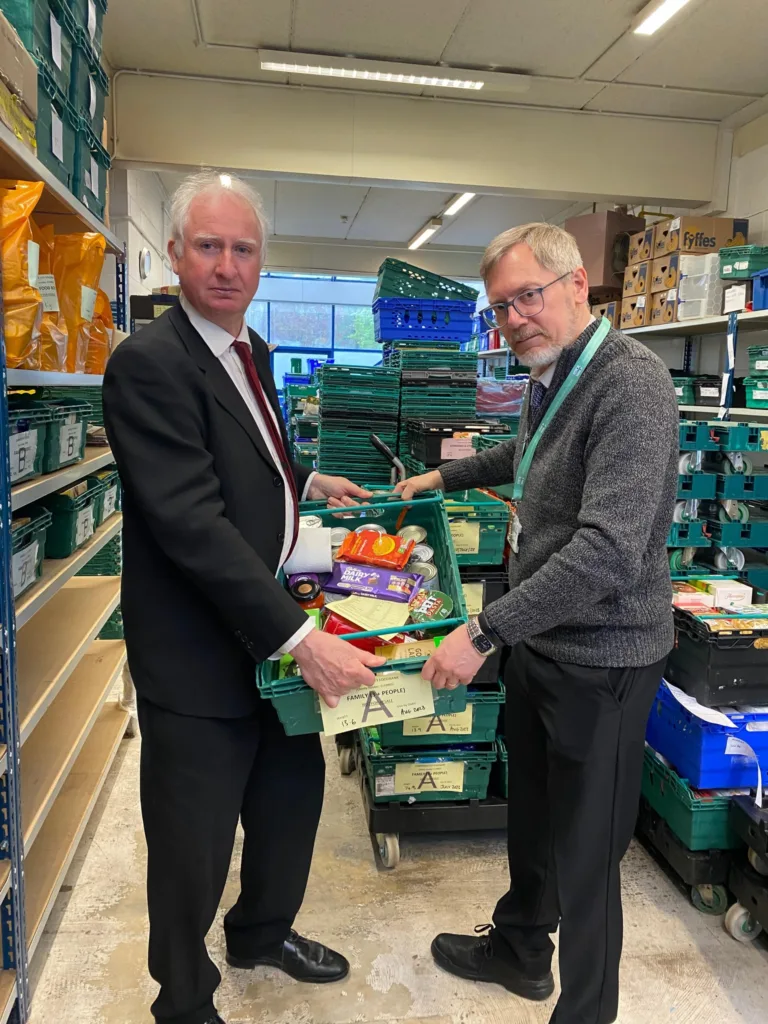
For this reason, Cambridge City Foodbank has joined the Trussell Trust’s campaign, Guarantee Our Essentials, which calls on the government to provide people with enough money to cover the essential items that we all need.
Getting money into people’s pockets is so important – not just for combatting food insecurity, but also in ensuring that everyone gets the dignity and autonomy they need and deserve. Without that, we can’t combat the poverty and food insecurity that is far too common in our city.
A joined up, city-wide approach
A city-wide problem requires a city-wide approach. There are a number of local organisations providing housing, debt, or homelessness support, and as much as we all have slightly different priorities, we are all working towards the common goal of eradicating poverty in Cambridge.
Going forwards, a priority for Cambridge City Foodbank will be collaborating with organisations across the city. We have recently established a partnership with Citizens Advice which has boosted financial support for those most in need.
By working together with other organisations that are striving to achieve one common goal, we can continue helping people to transform their lives, and change the future of our city so that no one needs a foodbank.
It’s going to take all of us
The Hunger in the UK report shares some harrowing statistics and highlights how much more likely you are to face food insecurity if you are in a group that is already disadvantaged. 75% of people referred to foodbanks in the Trussell Trust network state that they, or a member of their household, have some form of disability.
Structural inequalities create and fuel the causes of food insecurity. Ethnic minority groups, women, the LGBT+ community, people who have sought asylum and those who were in care as a child, are all more likely to experience food insecurity than the rest of the population.
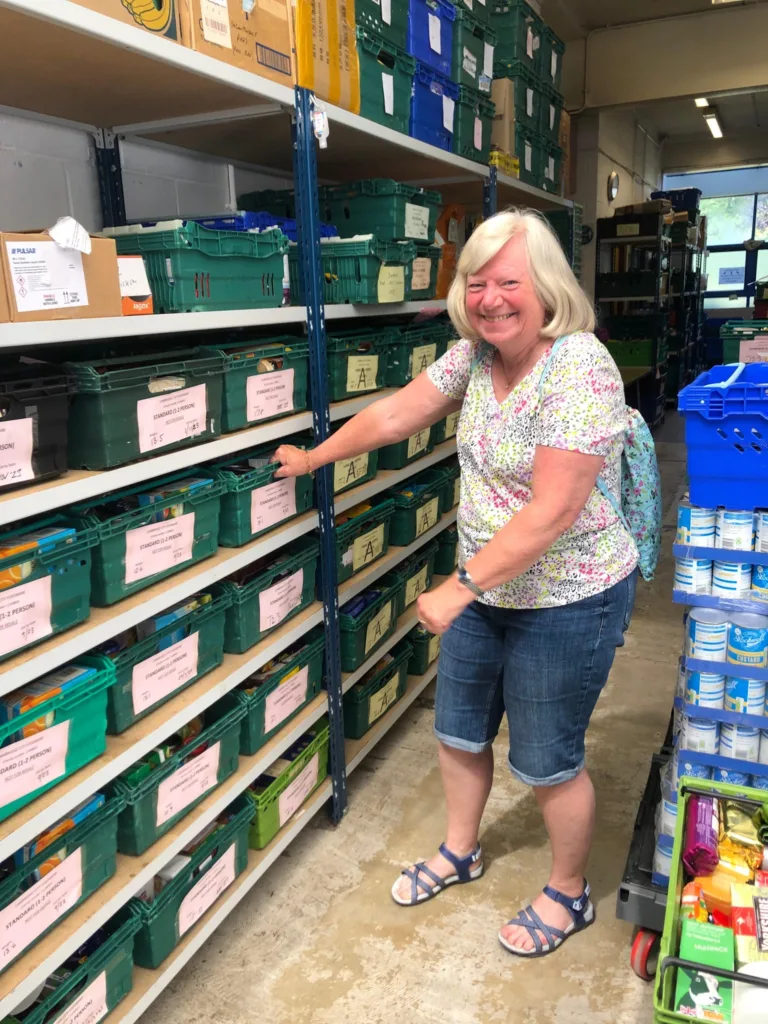
The report shows us that the problem is structural. For that reason, we all need to play our part in ending the need for foodbanks.
I know people in Cambridge care deeply about ending poverty and building a community that is more just and more equal. The support of our partner organisations is vital if we are going to achieve a real change, but without the support of individuals who are up for getting involved, our efforts will fall short. With this in mind, we are building a campaign that is powered by the community and led by people with experience of the issues, to combat the causes of food insecurity locally.
A coordinated approach across the city, driven by passionate people who are willing to stand against poverty, is how we are going to achieve real change.
Will you stand up and be a part of it? No matter your experience or background, you have a role to play. Contact us at https://cambridgecity.foodbank.org.uk to find out how you can help end food insecurity in Cambridge.
If you’re ready to take action now, sign the Guarantee Our Essentials petition now at www.trusselltrust.org/petition.
Kate McIntosh is local organiser, Cambridge City Foodbank
I


